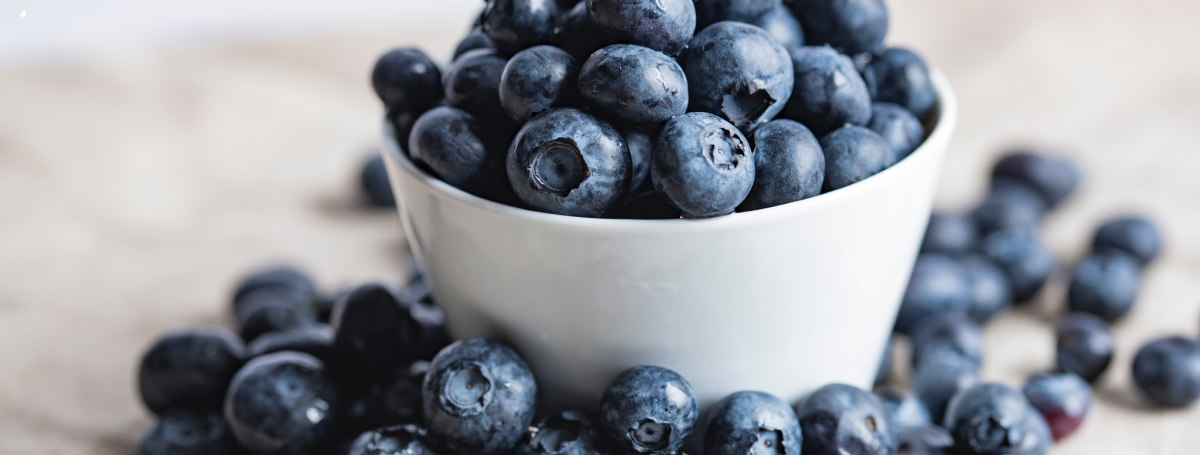Many of us are all too familiar with the aches and pains that accompany aging. The act of popping the over the counter pain pills is not an unfamiliar one. Often times the root cause of all of our aches and pains is chronic inflammation which can affect weight, gut, bones, joints, heart, and lungs. Our bodies are under so much stress and it eventually begins attacking itself and our insides get inflamed when they don’t need to be. According to Caroline Cederquist, M.D., medical director of bistroMD, “inflammation can also speed up aging and spur weight gain, heart disease, and even cancer.” So what exactly is causing all this inflammation?
Often times a few extra pounds don’t seem like they are doing that much damage to the body, but according to Jerrold Olefsky, M.D., an endocrinologist at the University of California at San Diego, “when you pack on too many pounds your fat cells begin to bulge, and, confused by the extra stress, they send an SOS to your immune system.” As a result of the cry for help, your white blood cells rush in to help. Although the influx of white blood cells sounds like a good thing, those white blood cells have nothing to do and nowhere to go so they can make your body resistant to insulin, which could eventually result in diabetes. The extra weight puts unnecessary stress on your body and the insulin resistance can make losing weight an even more difficult challenge.
In order to combat the weight gain and excess sugars try to eat more protein throughout the day. Many people save their protein intake for dinner time, but if you eat things such as eggs in the morning that protein will help keep you feel full longer throughout the day. This will help curb those cravings for sugary snacks. In addition to eating protein, find your carbs through fruits instead of those heavy carbs like pasta and potatoes. “Avocados have great anti-inflammatory properties,” said Laura Flores, a San Diego-based nutritionist. They contain “phytosterols, carotenoid antioxidants, omega 3 fatty acids and polyhydroxolated fatty alcohols” — compounds that can help reduce inflammation. Look for foods with anti-inflammatory properties such as: watermelon, walnuts, broccoli, berries, whole grains, and so many more. Green tea can help your body detoxify itself flushing out all the toxins associated with stress. Filling your plate with anti-inflammatory foods will not only serve the purpose of reducing inflammation, but it will also add healthier foods to your diet.
We all suffer from some type of anxiety in our lives, and surprisingly this can cause inflammation in our bodies as well. Our bodies do not like a stressed environment and often react badly. “Inflammatory activity usually increases under stress,” explains George Slavich, Ph.D., a researcher in psychoneuroimmunology at the University of California at Los Angeles. That’s because the parts of your brain involved in sensing pain are also activated by social stress. This means, just the act of a shy person having to give an unexpected presentation to a group can cause an inflammatory flare up.
Doing yoga or meditation can also help regulate stress. This “me time” can help your body restore itself back to a healthy state. Many people participate in a gratitude practice that consists of writing down 10 things you are grateful for everyday. Often times it is important to focus on the small things that happen in your day, such as a warm bath or the lady who helped you load your groceries rather than the big events of life. By noticing the small things that you appreciate in life it can help you maintain a more positive outlook and reduce stress. Using a gratitude practice can help calm your mind, lesson stress, and reduce inflammation.
The moral of the story is inflammation sometimes feels like it is just a fact of aging, but in reality there are ways to combat this reaction. A healthy diet, a meditation or gratitude practice to reduce stress, and green tea can all help with this pesky problem.
RESOURCES:




Leave a Reply